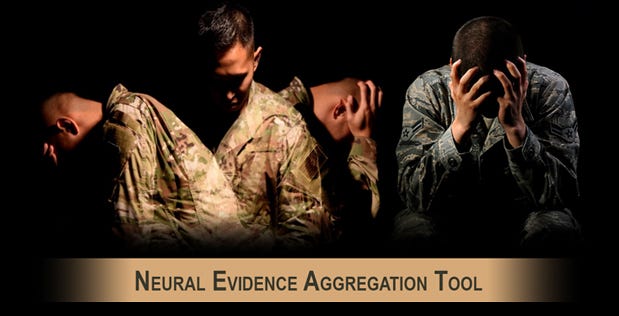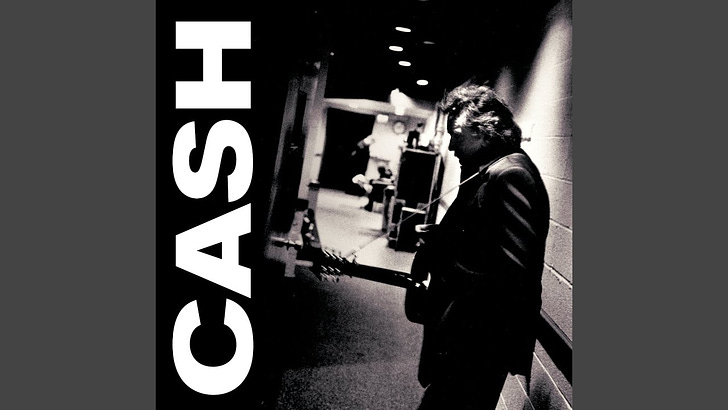

Discover more from Depresh Mode
Joel Kim Booster was in a pit and people still ask me about it all the time
And four other things largely about mental health that I think you should see.
If you get something out of this newsletter or the Depresh Mode podcast, I would appreciate your financial support. Go here, pick a level that works for you, then select DEPRESH MODE from the list of shows. And thank you.
Joel Kim Booster at least was in a pit
When I interviewed him last summer, that is. And his views from his deep and thoroughly carved pit of clinical depression resulted in maybe our most talked about episode in the less than a year that Depresh Mode has existed.
We’re re-running it this week. We’ve just put out our 50th episode of the year, not counting bonus episodes, so a lungful of breath was called for and I also think the Booster episode is one of the most important we’ve put out.
Despite having had a lot of success in Hollywood, despite having opportunities and good health, despite being able to buy his first home, Joel was reeeeeeally fucking depressed. Because depression doesn’t care if you’re having success. It’s not about that.
The episode got some coverage when it came out last year.
From Mic:
Booster apologized for being a downer at several points in the interview, and Moe offered to pull back if his line of questioning got too intense. Their 50-minute conversation is barely edited and gets a bit uncomfortable at times; there’s lots of dead air and grasping for the right words. But it’s beautiful and far more impactful than any polished, fakely upbeat episode would’ve been. One terrible thing about depression is that it tends to isolate us in our own cesspool of misery. There’s an understandable impulse to hide it for fear of being “too much” for other people. I’m grateful Booster was brave enough to be transparent. “It is a lot of work to appear normal,” he admits, “and this has been nice to just be a fucking blob of flat emotion.”
Booster apologized for being a downer at several points in the interview, and Moe offered to pull back if his line of questioning got too intense. Their 50-minute conversation is barely edited and gets a bit uncomfortable at times; there’s lots of dead air and grasping for the right words. But it’s beautiful and far more impactful than any polished, fakely upbeat episode would’ve been. One terrible thing about depression is that it tends to isolate us in our own cesspool of misery. There’s an understandable impulse to hide it for fear of being “too much” for other people. I’m grateful Booster was brave enough to be transparent. “It is a lot of work to appear normal,” he admits, “and this has been nice to just be a fucking blob of flat emotion.”
Mental health, as it so often proves to be, is the sticking point in teacher negotiations
Many Minneapolis school counselors have caseloads topping 450 students — almost twice the workload recommended by the American School Counselor Association. St. Paul schools have one counselor for every 230 students
…
Lawmakers in St. Paul have proposed legislation meant to address the high caseloads for the state's school counselors.
If approved, the measure would require every public school in the state to employ at least one full-time school counselor and would bar principals from assigning counselors to other duties, such as serving as lunch monitors or supervising study halls.
We’re only beginning to pay the mental health price of covid. It’s just getting started. The high amount by which we’re all messed up and the low amount of how much we realize it are going to play hell in brains for decades to come.
At the same time, the issue of counselor shortages is a complicated one. You can’t just print new counselors. You have to make a case to qualified people as to why they should come to this. And part of that case needs to be good money. Without that, the problems will continue and get worse.
Not being discussed, but I wish it was: how terrible classroom furniture always is.
Why do I feel like making a tinfoil hat right now?
Maybe because I heard DARPA is developing an MRI-like test for mental health conditions. Maybe it’s the constant admiration-terror I always feel when DARPA is involved in something. Yes, they have brilliant scientists who do some amazing work. But! Butbutbutbutbut. DARPA stands for Defense Advanced Research Project Agency. It’s a Pentagon thing. And not everything they make is about killing people. But still.
So now they have this. And sure, it can help soldiers not fall apart, ostensibly so they can keep fighting but maybe there’s something genuinely good in here for regular folks too:
DARPA has announced the Neural Evidence Aggregation Tool (NEAT) program. NEAT aims to develop a new cognitive science tool that identifies people at risk of suicide by using preconscious brain signals rather than asking questions and waiting for consciously filtered responses.
“NEAT is a proof-of-concept effort attempting to develop a new tool for mental and behavioral health screening that moves us beyond historical and current methods of questions and consciously filtered responses,” said Greg Witkop, a former Army surgeon and current program manager in DARPA’s Defense Sciences Office. “Using the preconscious will hopefully enable us to detect signs of depression, anxiety, or suicidal ideation earlier and more reliably than ever before. If successful, NEAT will not only significantly augment behavioral health screening, but it could also serve as a new way to assess ultimate treatment efficacy, since patients will often tell their clinicians what they think the clinician wants to hear rather than how they are truly feeling.”
NEAT. Now I’m scared again. “Let’s give you a NEAT,” says future doctor. “Gosh, that IS NEAT,” you say, as they throw you in a van. I digress.
I wish DARPA was just the sound of an unusually named child screaming their name.
“I work at DARPA.”
- “Oh neat.”
“How did you know about NEAT?”
Also: the fuck is up with this OFFICIAL PHOTO?
Telemedicine is the present and will be the future
72 mental health organizations are calling on the Biden administration to permanently adopt rules that allow psychiatrists to make initial prescriptions without an in-person visit.
During the COVID-19 public health emergency, the DEA used its authority to waive this requirement, enabling clinicians to safely prescribe controlled substances remotely via telehealth. This helped patients access clinically appropriate medications, including for mental health and substance use disorder treatment. In the letter, the organizations express concern that, when the public health emergency waiver ends, many patients, especially new patients, will be left without access to care.
“It is essential that the DEA and HHS work with Congress to permanently remove the prior in-person requirement and any restrictions on the location of the patient, post pandemic,” said Kyle Zebley, vice president, public policy, American Telemedicine Association and executive director, ATA Action. “We urge policymakers to consider that, during the pandemic, telemedicine effectively increased access to necessary care for patients in their home or other location, without increased diversion related to the waiver. We welcome the opportunity to discuss a proposed framework to ensure Americans maintain access to clinically appropriate care.”
600 songs of the 90s mixed together into one 34-minute song
For nostalgic people on the go.











fyi: the two quotes about the JKB episode are the same. I'm presuming that Mic and the AV Club did not say the exact same thing about that episode?